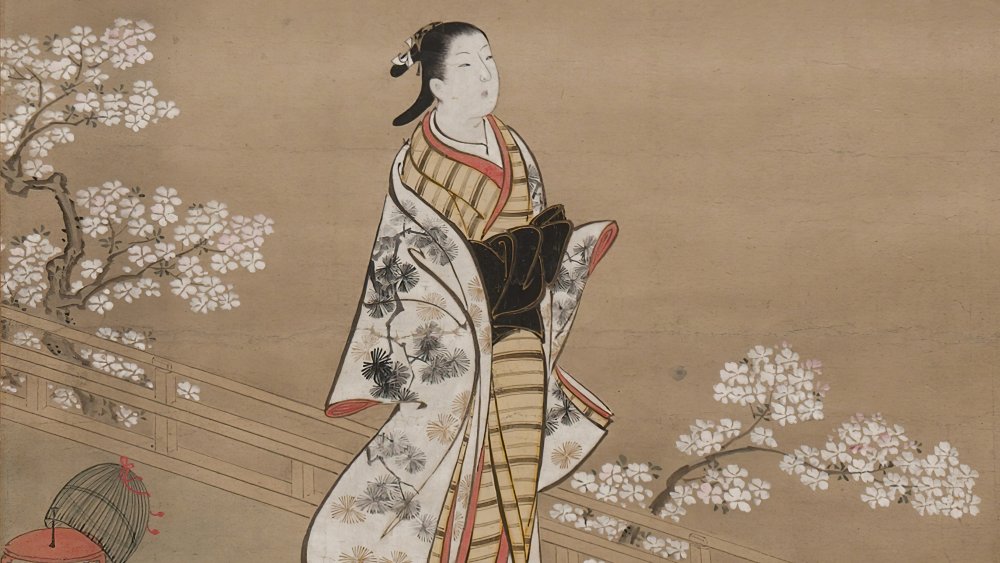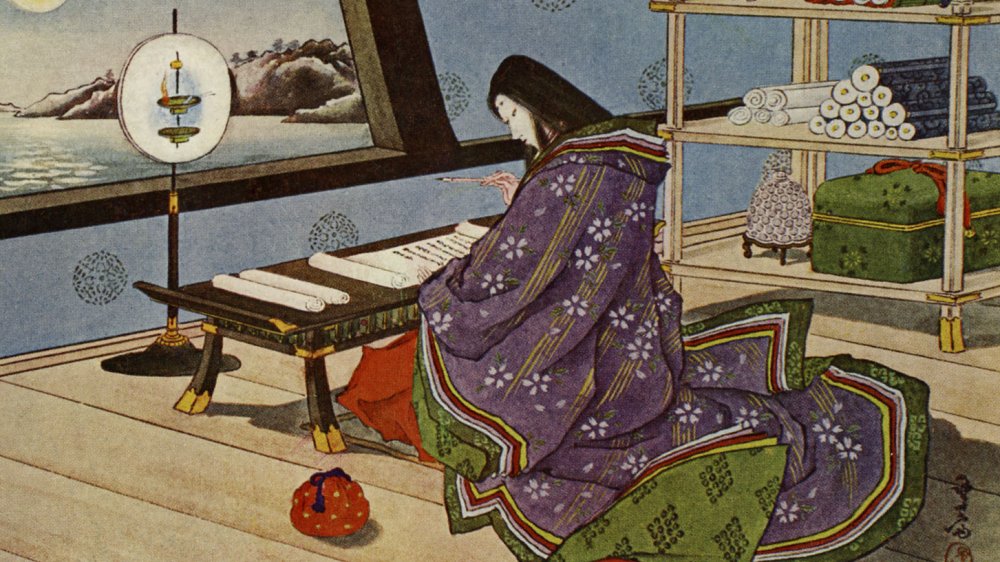What Life Was Like For Women In Ancient Japan
When you hear stories of ancient Japan, you will normally hear stories about samurais, ninjas, and emperors. Even though the first known novel, The Tale of Genji by Murasaki Shikibu, was written by a woman, women in ancient Japan are rarely heard from. What were their lives like?
The role of women in ancient Japan greatly depended on their social class, the period in which they lived, and the prevalent religion corresponding to that period, according to a paper in the Inquiries Journal. Japan, historically a matriarchal society, saw the role of women become much more acquiescent by the time the Meiji Restoration rolled around in the 19th century. So what happened?
Inquiries Journal writes two Japanese records from the ancient times, the Kojiki and the Nihongi, both talked about the worship of the Sun Goddess Amaterasu. Her feminine attributes were celebrated and this respect for a woman's "sense of order and perfection" highly influenced the Shinto religion. Things started to change when Buddhism came to Japan.
Women were no longer worshipped as "perfect"
During the Heian Period, the time when Buddhism became the predominant religion in Japan, women's role in society diminished. Some teachings, explains Inquiries Journal, went so far as to associate women with being agents of the devil to lure men away from spirituality.
But this didn't mean women weren't free. Women in World History writes that women were considered equals in marriage, could be educated, and had property rights. Wives of samurai could fight in battles reports The Bookseller, and were encouraged to protect their households.
However, these freedoms were limited over time, per Women in World History. Around the time of the Tokugawa Shogunate, women were told to obey men's rules, basically, if they were unmarried they would follow their father, if they married they followed their husband, and once widowed, they obeyed their son. Women were no longer thought of as intelligent. These ideas persisted until the 20th century. Women gained the right to vote in 1945 and now, more than half of Japanese women have college degrees, reports the Congressional Research Service. But some things do remain the same. Only male members of the Imperial Family can succeed the throne and royal women who marry commoners must leave the family, per Reuters.

